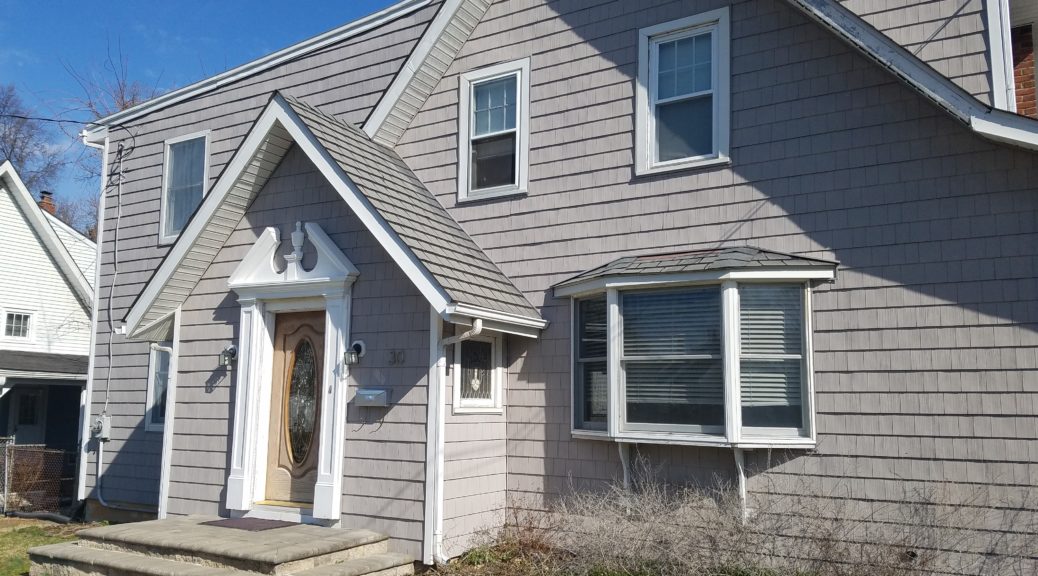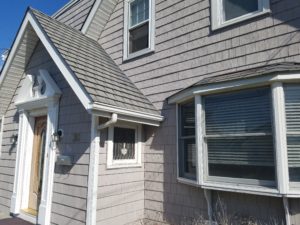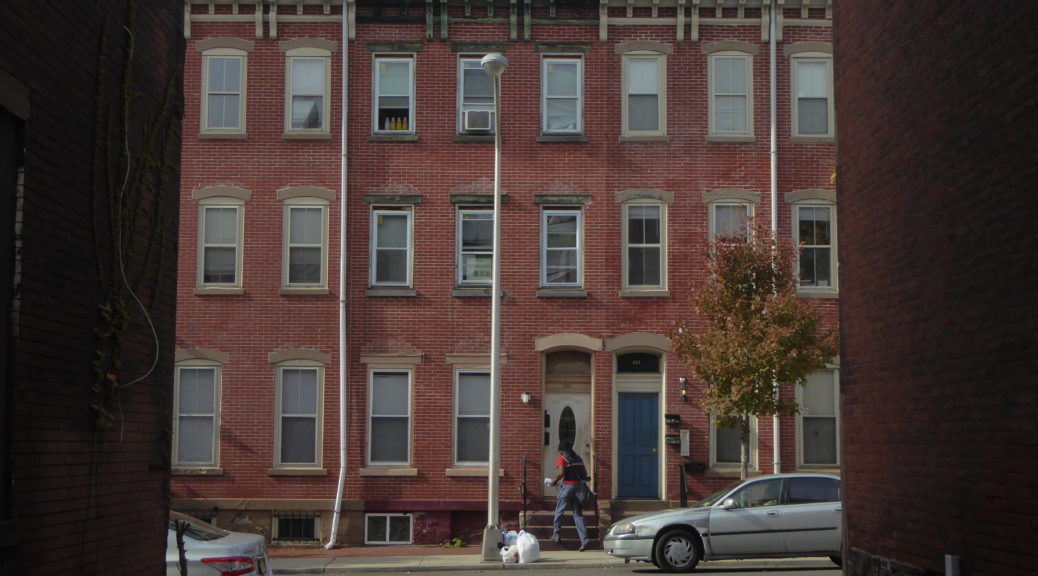By McKenna Samson & Engy Shaaban

The Trenton Area Soup Kitchen (TASK) has provided services to thousands of those in need for the past 35 years and has become one of the area’s leading nonprofit organizations in the process. In addition to meal services, the kitchen houses an Adult Education Program, an Arts Program, and Case Management Services. In the past five years, TASK has provided over 1.1 million meals and its program services have increased by 30 percent.
TASK relies on the help of volunteers to keep many of these programs running, and only receives three percent of its funding from the federal, county and state resources. The kitchen benefits from donations and the meals are served entirely by volunteers, so it remains largely a community-run effort.
To maximize their efforts, TASK has recently announced that it will be expanding its building and beginning renovations to update already-existing portions to better accommodate its patrons and staff. Executive Director Joyce Campbell spoke of the project’s timeline and explained that although there have been a few “starts
and stops”, the expansion is expected to be done in August and the renovations in September. She noted that TASK will continue to serve meals and provide services during all phases of the project.
The expansion is set to include additional rooms for partner organizations to offer on-site services. In addition to increasing capacity in the dining room, this will also provide a more private
setting for confidential conversations, more space for eye exams and blood pressure readings. A multipurpose room will be built to house TASK’s Adult Education and will also serve the arts programs, allowing them to operate year-round. Four additional computer stations will be added in a private testing and intake area for students. A walk-in refrigerator will be brought in to increase storage for perishable foods. On-site storage for TASK records will be established which will eliminate the cost of off-site storage and allow for these funds to be dedicated elsewhere. And finally, a space for administrative staff to work will be built which will free out office space for direct service staff working with patrons.
Building renovations will allow for an office for the Kitchen Manager to coordinate kitchen operations more effectively and efficiently. It will also move the Patron Services office and enlarge it to address privacy concerns; provide volunteers with space to store their personal items and to change for meal service; and double the space for the storage of personal hygiene and other basic needs supplies. This enlarged space is particularly important as it will accommodate the large number of holiday donations that TASK receives. The renovation will also include a reorganization of the patron computer lab; new, sturdy work surfaces; and proper storage for extra equipment.
The majority of the space will receive a new coating of paint and flooring. Campbell explained the importance of the latter and the impact that these changes will have on TASK employees: “Staff morale begets positive patron service and patron success.”
The expansion will provide 3,679 square feet of additional space dedicated to advancing TASK’s mission of feeding body, mind, and spirit. Campbell told The Streetlight that “the expansion will certainly impact the community very positively.”
“It will allow us to bring in more services. We will have designated spaces for these services and service providers so it will allow for more privacy and efficiency. It will also allow us to provide services during the evening and on weekends; and it will allow outside providers to run programs when the soup kitchen is closed and we are not there. This will all build on our community-centered approach to the work that we do,” Campbell explained.
Trenton Area Soup Kitchen
72 1/2 Escher Street Trenton, NJ
(609) 695-5456














